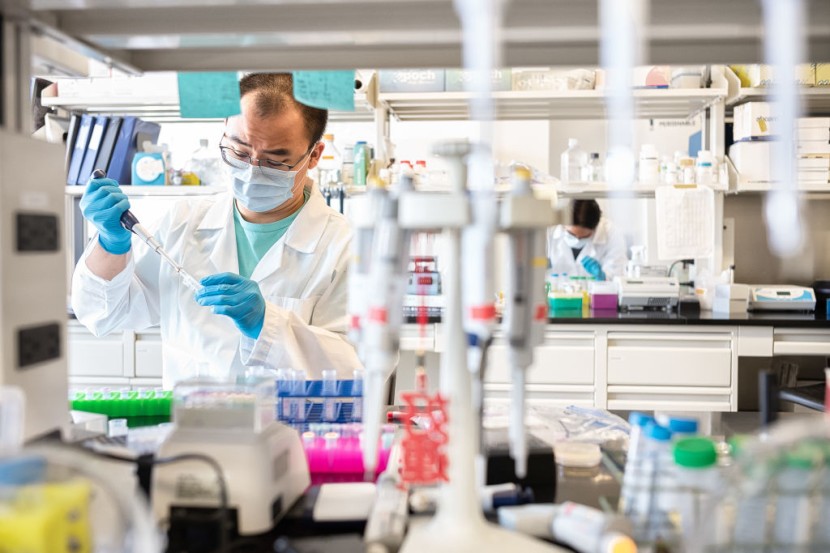The US government is allocating $1 million of American taxpayer funds to support gain-of-function experiments involving high-risk bird flu viruses, in partnership with scientists from China.
According to the research documents, the study focuses on infecting ducks and geese with various strains to enhance their transmissibility and infectiousness. The aim is to investigate the viruses' ability to infect mammalian hosts, as per Daily Mail.
Senator Ernst Questions $1M Avian Flu Research

Senator Joni Ernst (R-Iowa) has raised questions about a $1 million grant awarded by the Biden administration for a joint avian influenza research project involving the US, the UK, and China. In a letter to USDA Secretary Tom Vilsack, Ernst sought details about the project, expressing concerns about the involvement of the Chinese Academy of Sciences and a researcher affiliated with the Wuhan Institute of Virology.
The project, slated to run from April 2021 to March 2026, focuses on "wet-lab virology" experiments with strains of avian influenza virus posing risks to both avian and human populations. Ernst urged Vilsack to provide information on safeguards, potential risks associated with gain-of-function research, and the extent of work conducted in China.
Gain-of-function research, aiming to enhance pathogen transmissibility or virulence, has raised concerns about the potential for creating pandemics. Ernst emphasized the importance of scrutinizing such collaborations, especially with researchers linked to the Wuhan Lab, referencing concerns about experiments that may have contributed to the COVID-19 pandemic.
The experiments involve infecting vaccinated chickens, mallard ducks, Chinese geese, and Japanese quail to assess the virus's transmissibility and potential transmission to mammalian hosts. Ernst stressed the need for caution, stating, "The health and safety of Americans are too important to just wing it" according to New York Post.
Read Also: Iran, Saudi Arabia and the UAE Jockey For Influence in Sudan as Threat of Famine Increases
Cut for Overseas Animal Labs Over Safety Concerns
Ernst referenced the nonprofit watchdog group White Coat Waste Project, which brought attention to the experiments. Justin Goodman, the group's senior vice president, called for Congress to cut funding to "unaccountable animal labs" in China and Russia.
Noting that viral experiments have caused outbreaks and deaths, Ernst highlighted China's labs' lax safety standards. Additional bird flu testing is set to occur at the USDA's Agricultural Research Service in Georgia, with statistical modeling conducted by the University of Edinburgh's Roslin Institute.
The concerns raised by Ernst come amid a backdrop of increased bird flu cases in the US In 2024 alone, the USDA has detected bird flu in eight commercial flocks and 14 backyard flocks, affecting 530,000 poultry. Since January 2022, over 81 million US poultry and aquatic birds have been culled due to avian flu across 47 states.
USDA Secretary Tom Vilsack acknowledged challenges in developing a vaccine for the current avian flu strain and expressed plans to discuss poultry vaccinations with trading partners.
The World Organisation for Animal Health has recommended bird flu vaccinations for poultry to prevent a potential pandemic, while the US government has previously imposed restrictions on French poultry imports due to their decision to vaccinate ducks against avian flu, The Straits Times reported.








